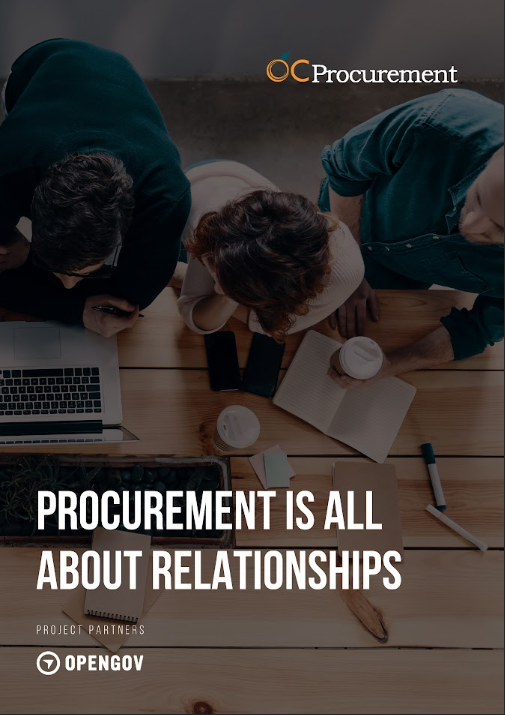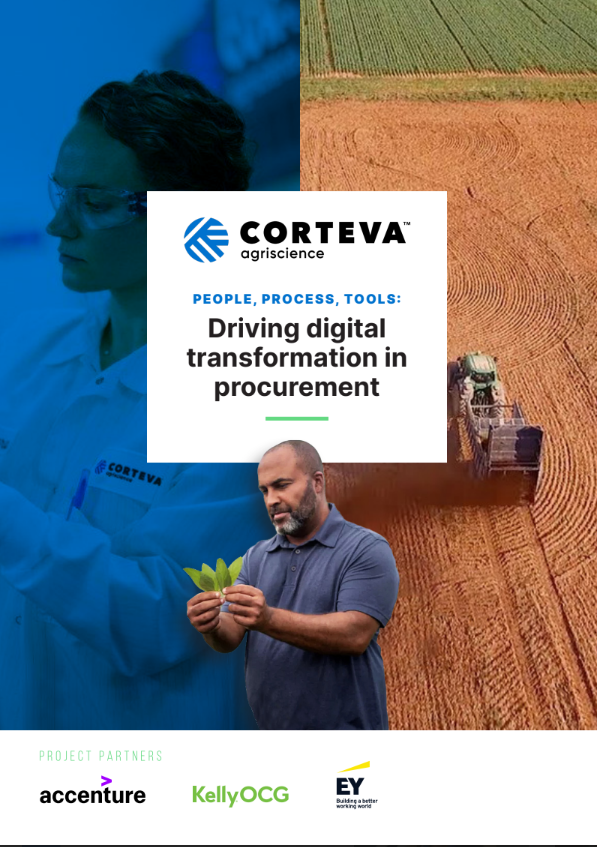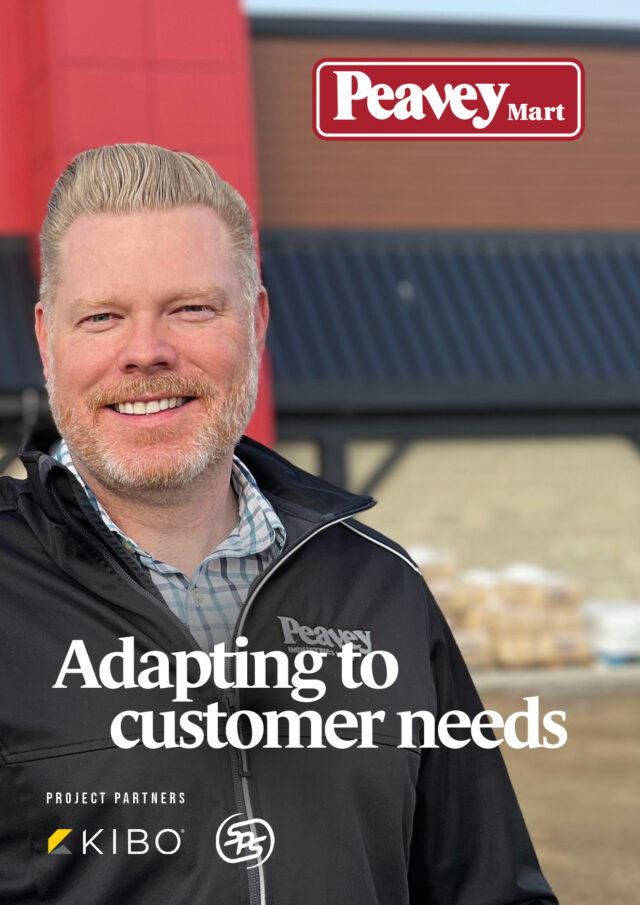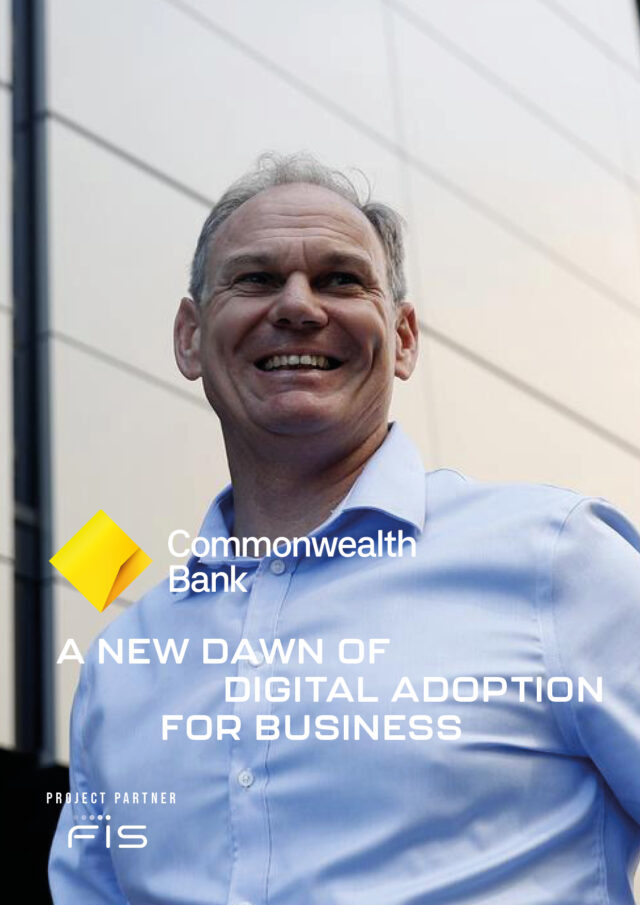The evolution of procurement is not a novel concept, with businesses the world over investing in their procurement functions to take them away from being a support function while transforming into a key cog within business strategy. The unique nature of this procurement evolution does not come from the fact that we know it is happening, it comes from the how and, most interestingly, it comes from the why. Why is procurement shifting and evolving and how does it change from industry to industry?
Oksana Glavachek, Chief Procurement and Administrative Officer at Vodafone Ukraine, details how the rapidly evolving telco industry and the market demands in Ukraine have created great challenges for companies and their procurement functions and even greater opportunities. “The Telco industry is one of the most investment-hungry industries in the world,” she explains. “To establish a Telco Company you have to make a huge investment in setting up a network first of all and then you must make significant annual investments in the expansion and maintenance of that network due to continuous technology development and tougher market competition.”
Glavachek points to Ukraine’s reliance on a 2G cellular network thanks to a reluctance to invest in a 3G spectrum distribution. This reliance, she knows, left Ukraine staying with 2G ‘rather long’ and in 2015 Ukraine launched 3G.“The whole world had already reached the mature LTE level so we were a little behind,” she adds. “But since then things have changed and Ukraine started to make up for the lost. In 2017, we deployed LTE in 1800mhz, 2600mhz in 2018, and 900mhz spectrums in 2020. Such rapid growth required significant investment from the company and brought particular challenges to procurement.”
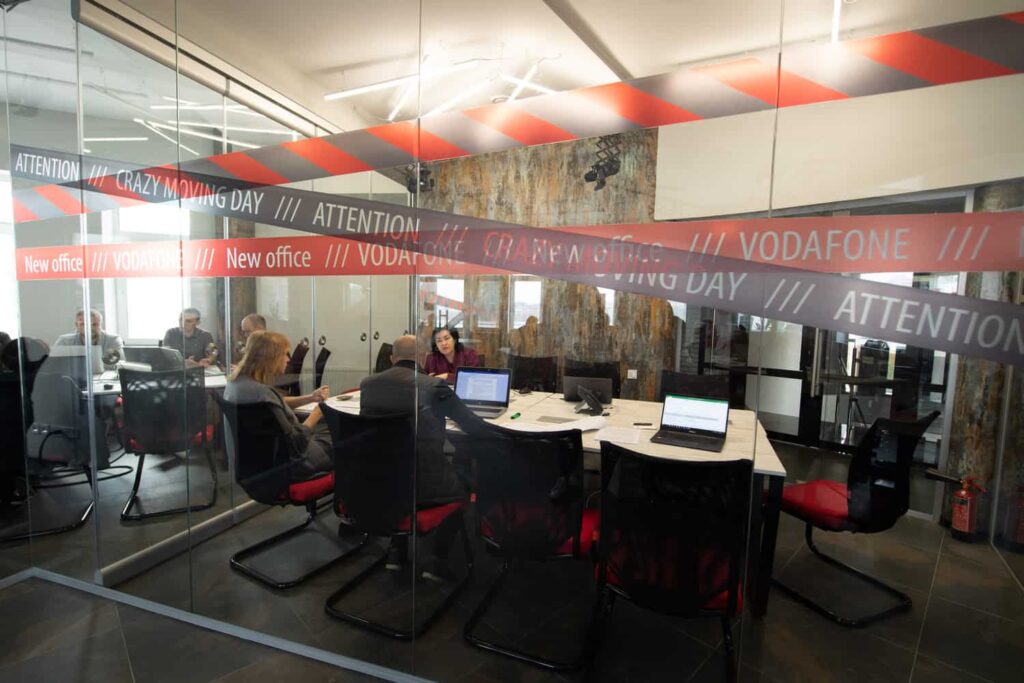
With rapid growth in demand, and as the second largest mobile operator in Ukraine, VF Ukraine needed a procurement function that was both robust and agile enough to cater to the ever-growing business needs. Glavachek highlights that procurement in the telco industry is defined by two principal factors: the investments made in building up a network and the speed of technology development in the communication and IT world. The largest share of any spend in the telco space is in the network building and so attention turns to the supplier market. “The market for RAN, Core and Transmission is dominated by a few of the world’s biggest vendors and this makes it difficult to negotiate,” explains Glavachek. “RAN, the main part of a network, has only four vendors that have divided the world market and each of them possesses significant market share worldwide.”
“As you can imagine this creates an additional obstacle for procurement in Telco. After a vendor acquires his market share in one or multiple segments they practically become a Single Source Supplier. The competition becomes impossible, price negotiations with the vendor prove increasingly tough and procurement requires the utmost measures to keep a relevant price.”
The other key principle, the speed of technology growth in communication and IT, is a challenge faced by many, but it’s one that the telco market in particular feels the biggest impact. As the world became increasingly digitally enabled through the internet and smartphones, the telco industry witnessed generational shifts of mobile networks. Each shift meant that the assets forming the networks were completely renewed in a way that felt like a new set of requirements and demands. For the procurement functions, the challenges continued to be magnified. “We could not allow procurement to relax,” she explains. “It forces procurement to think and act ahead.”

The need to think ahead and be ready for the future is something that Glavachek feels VF Ukraine has something of an advantage on, given the country’s late adoption of some of the latest technologies. “We are lagging behind other countries in launching new technologies but it enables us to leverage the global experience of Vodafone right here in Ukraine. There are strict requirements as to the speed of new technologies when launched, and even now when we have not been fully informed of the selected 5G spectrum procurement is already starting the tenders in order to provide competitive advantage for business.”
During her time with the company, Glavachek has worked hard with her teams to elevate procurement at VF Ukraine, change the perception of procurement and even make the company’s own function rival that of other major telco functions. Achieving this position is easier said than done, but Glavachek can be proud of what she has been able to achieve for both the business and the function itself. For her, it starts with procurement being at the very top. “It is important for procurement to be a part of the board because it provides the CPO a chance to see the company strategy and look at global company targets,” she says. “It also allows the CPO to better understand the synergy of functions that helps achieve those global targets collaboratively.”
In order to enable this greater collaboration, procurement needs to be more than just purchasing or tenders running function and Glavachek recognises this. She highlights that procurement represents the whole end-to-end supply chain management, consisting of logistics, contract management, stock management and analytics and performance management. This represents that shift away from being a simple support function and this is further exemplified through the absorption of administration, allowing for more agility and cost effectiveness across the organisation.
In the procurement and supply chain ecosystem, the strength of your partnerships with suppliers and vendors is crucial. As Glavachek has highlighted already, in the world of telco those partnerships require more nuanced and work in order to find the right solution at the right price that provides the right outcome that works for all involved. Supplier relationships are not easy, but Glavachek and VF Ukraine understand that a continuous dialogue with the vendors proves crucial in succeeding. “Procurement should always be open and hungry for knowledge. Procurement should learn how to listen because if we are ready to listen then vendors will tell us about new insights and future innovations,” she says.
“The basic procurement principles, combined with the readiness to learn and evolve prove absolutely key in building successful long term relations with suppliers.”
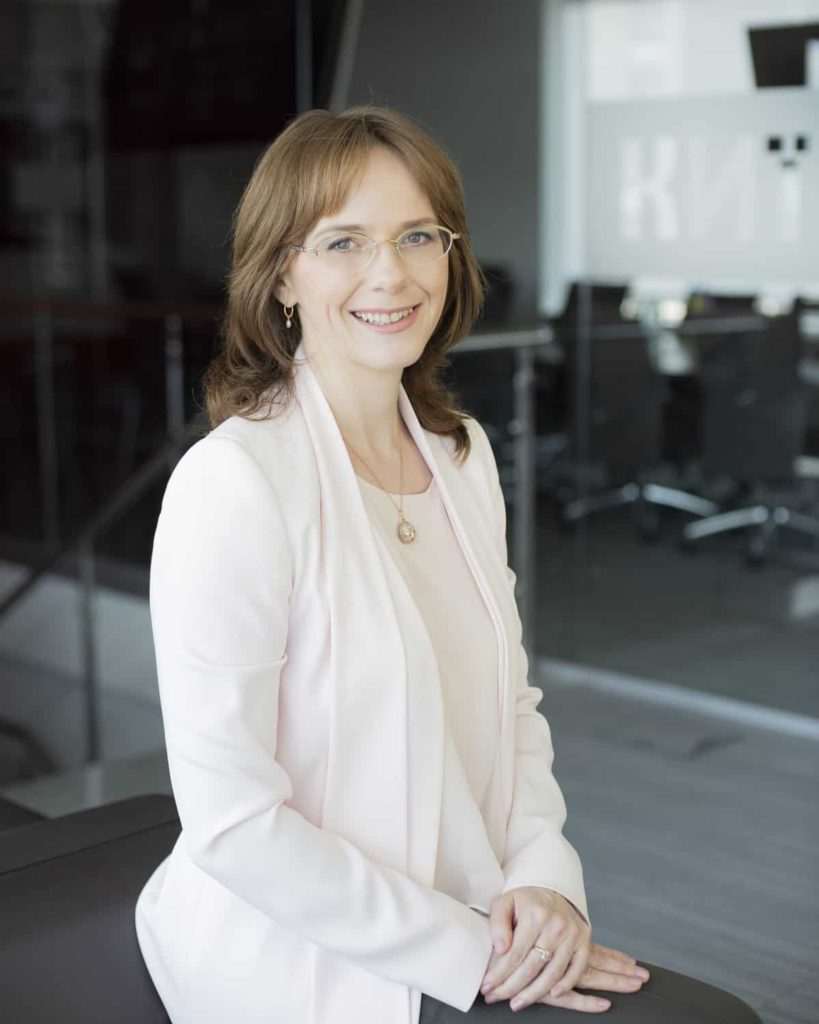
Elsewhere across the company, Glavachek points to the impending implementation of 5G and how the company will continue to leverage that global Vodafone experience to ensure it continues to ride this wave of growth successfully.
That commitment to learning and evolving has and will continue to be the key to succeeding for VF Ukraine as the telco market’s rapid growth shows no signs of slowing. Over the next 12 months, Glavachek will look to continue on a journey of consolidation and digitalisation across the procurement process in order for the business to become more efficient and agile.
“If I’m not mistaken, the Dalai Lama once said ‘Sit as comfortably as you can for long, your leg will inevitably numb. You need to reposition yourself’” she says. “So in my opinion, the capability to change is vital to achieving success for the company.”

